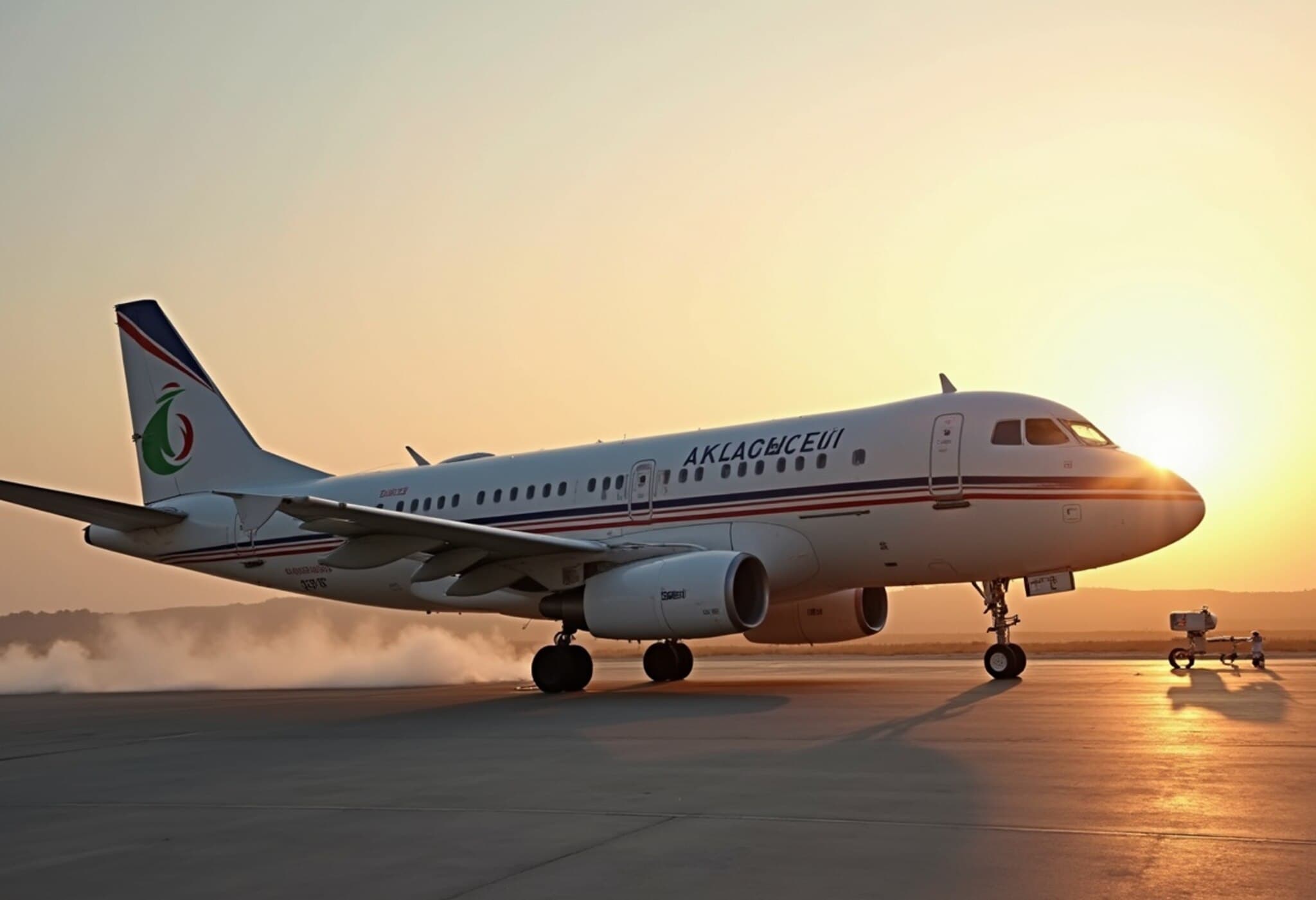Fatal Plane Crash at Jijel Airport During Training Exercise
In a heartbreaking incident that has shocked the local community, four individuals lost their lives when a civil protection surveillance aircraft crashed at Jijel Ferhat Abbas Airport, located near the northern Algerian town of Taher. The accident reportedly took place during a routine training mission, according to local media citing officials from Algeria’s civil protection authorities.
Details of the Incident
The plane was engaged in a training exercise, which is typically designed to prepare crews for surveillance and emergency response operations. However, something went tragically wrong, resulting in a fatal crash on the airport premises. Authorities have confirmed the deaths of all four onboard, but have yet to release detailed information regarding the cause of the crash or the identities of the victims.
Understanding the Risks in Civil Protection Aviation
Training flights, while essential for maintaining readiness and operational efficiency, inherently carry risks. Surveillance missions often require complex maneuvers and heightened situational awareness, especially when conducted under time-sensitive or adverse weather conditions.
In the United States and Europe, stringent protocols govern many aspects of flight training to ensure safety, including mandatory risk assessments and advanced simulation training before live exercises. This tragic event raises pressing questions about aviation safety standards, preparedness, and the availability of resources in regions that rely heavily on civil protection units — particularly in countries like Algeria where surveillance and emergency response capabilities are critical given geographic and security challenges.
Broader Implications and Regional Context
- Emergency Preparedness: Algeria’s investment in civil protection services underscores the government’s commitment to rapid response in emergencies and natural disasters.
- Training and Safety Oversight: The incident highlights the ongoing need for rigorous safety oversight and perhaps modernization of training protocols for civil aviation units in developing contexts.
- Support and Transparency: The families and communities affected demand transparent investigations and robust support systems following such tragedies.
Similar incidents internationally have prompted critical reviews of military and civil aviation training regimes, resulting in improved safety measures. This tragedy could catalyze a deeper look into Algeria’s aviation and emergency training frameworks.
What’s Next?
The Algerian authorities have launched an official investigation to uncover the root causes of the crash. Aviation experts and civil protection officials will analyze wreckage data, pilot training history, and weather conditions to form a comprehensive understanding. The spotlight is also on the government to reaffirm commitments toward enhancing safety and preventing future loss of life.
Note: This is a developing story, and updates will be provided as more information becomes available.
Editor’s Note
This tragic loss of life in Algeria during a routine training flight serves as a solemn reminder of the inherent dangers that civil protection and emergency personnel face regularly. Beyond grieving for those lost, it challenges policymakers and aviation authorities to scrutinize training practices rigorously. Are current protocols sufficiently robust? How can developing nations balance urgent operational needs with uncompromising safety? As the investigation progresses, these questions deserve public and governmental attention to safeguard the lives of those who protect our communities.








